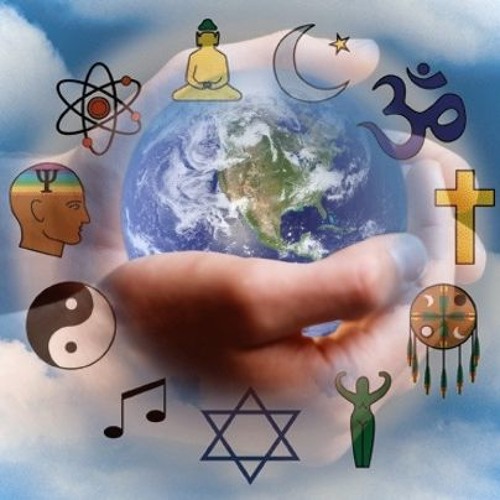Overview
The sociology of religion uses the tools and methods of social science to understand 1) the nature of religious belief and practice and its implications for individual and social behavior, 2) the ways in which religious ideas, subcultures, and organizations influence many other aspects of society (for example, gender, sexuality, demography, family, politics, social class, race, crime, law, etc.) a
Course Description
The sociology of religion uses the tools and methods of social science to understand 1) the nature of religious belief and practice and its implications for individual and social behavior, 2) the ways in which religious ideas, subcultures, and organizations influence many other aspects of society (for example, gender, sexuality, demography, family, politics, social class, race, crime, law, etc.) and 3) the ways in which these other aspects of society act back on religion (e.g., the religious beliefs and practices of individuals, the rise and decline of different kinds of religious groups, and the changing position and influence of religion in different societies).
